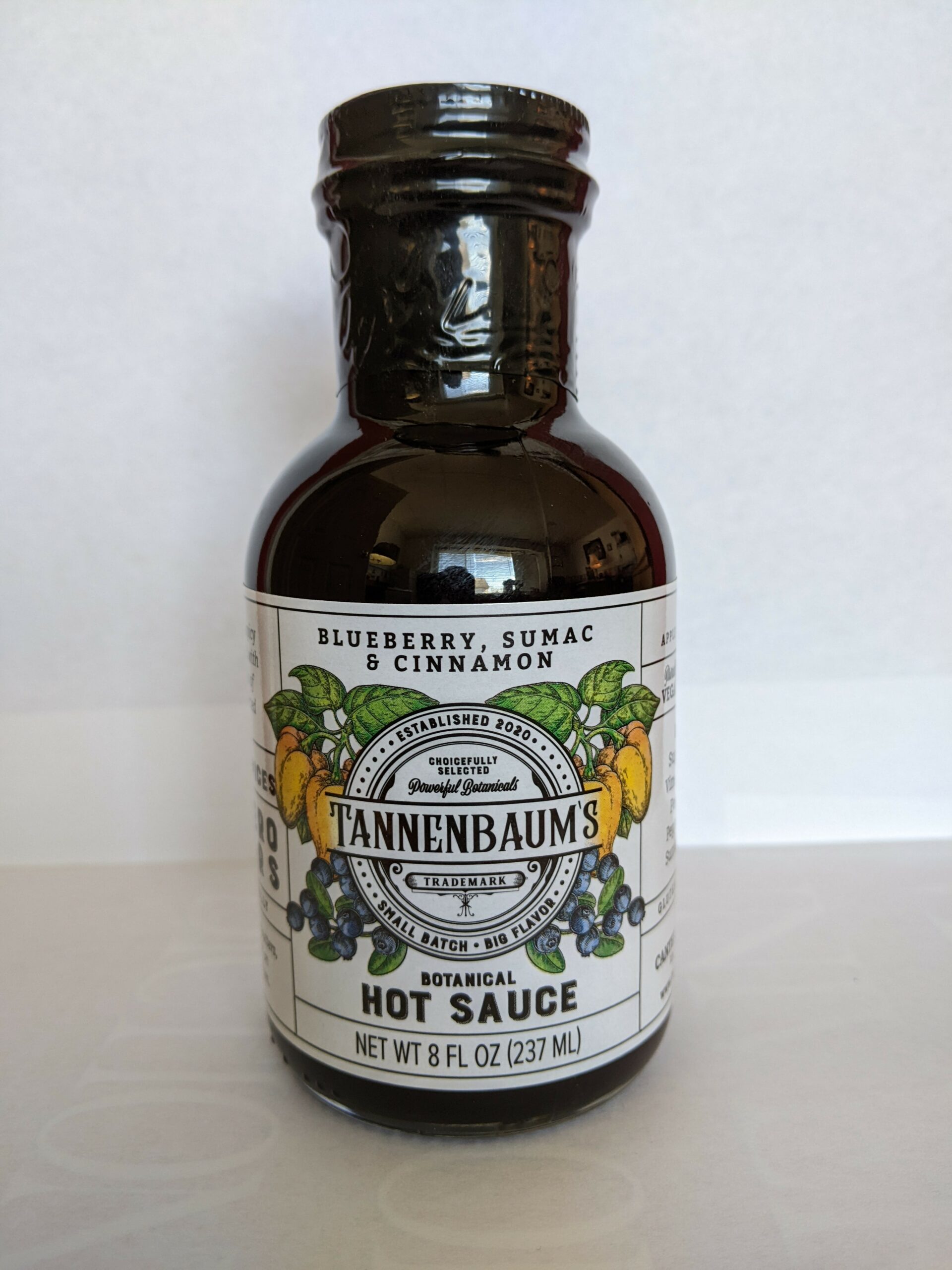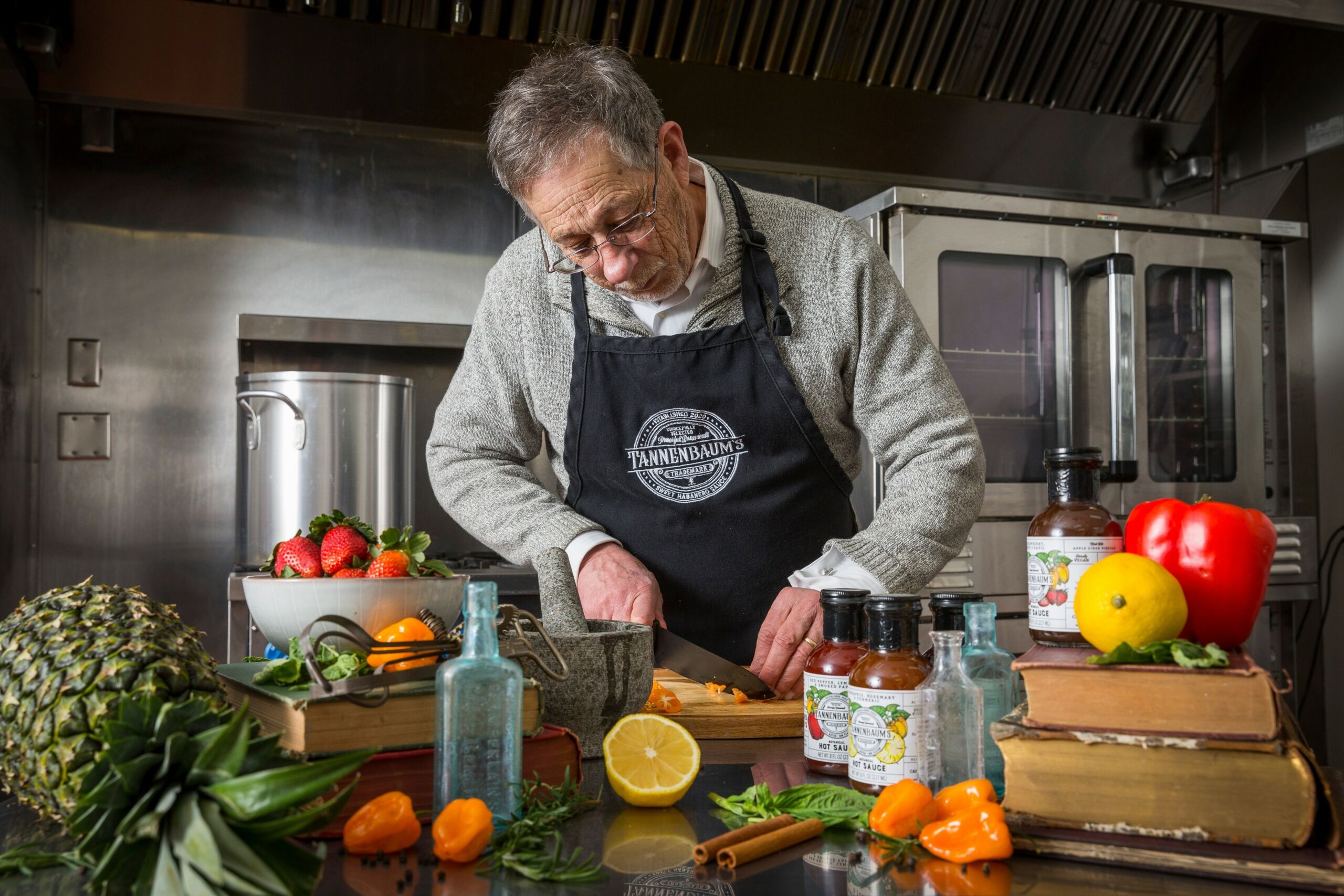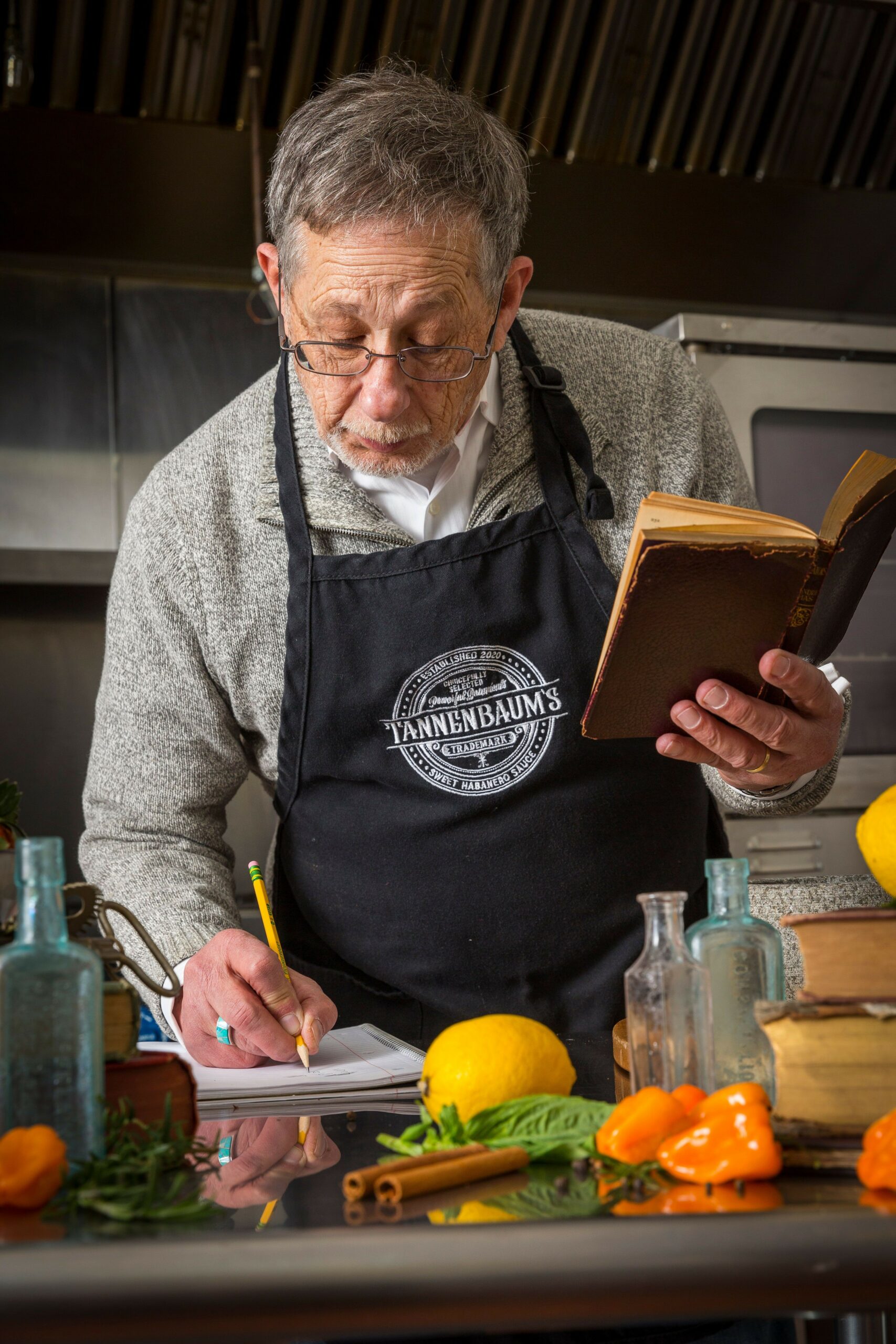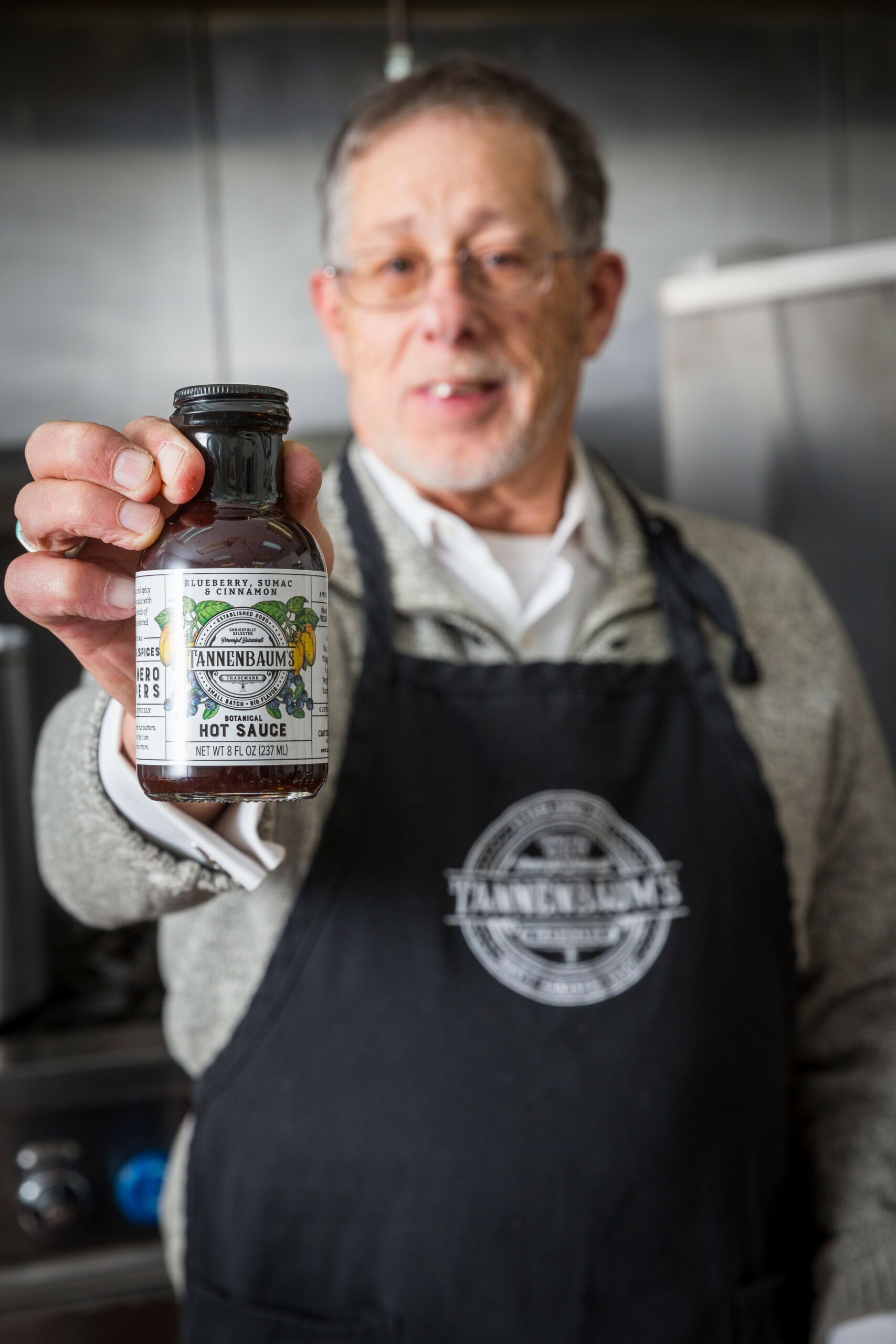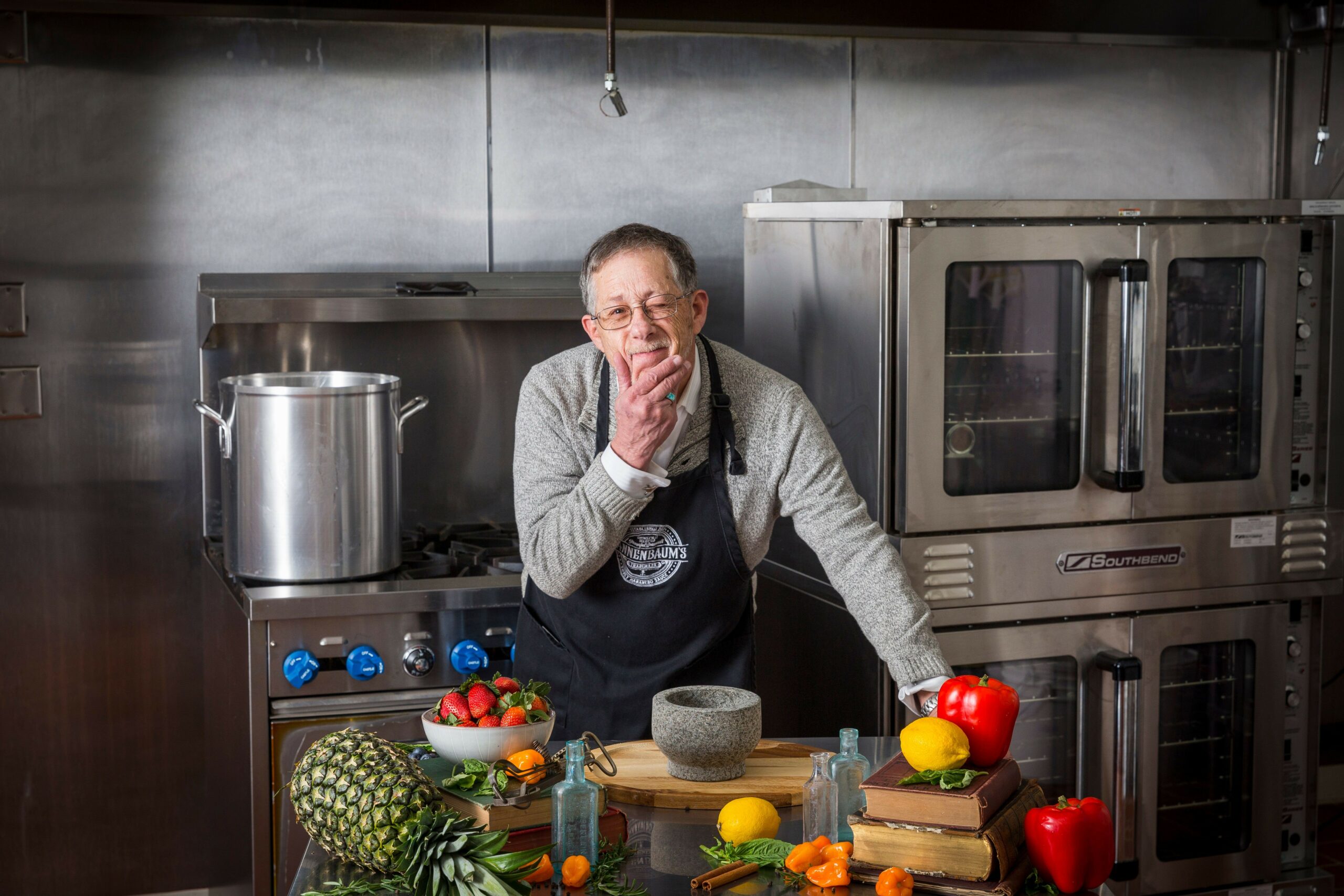We were lucky to catch up with Harvey Tannenbaum recently and have shared our conversation below.
Harvey, so great to have you with us and we want to jump right into a really important question. In recent years, it’s become so clear that we’re living through a time where so many folks are lacking self-confidence and self-esteem. So, we’d love to hear about your journey and how you developed your self-confidence and self-esteem.
For me, developing confidence and self-esteem is part of a process that starts with a willingness to take some amount of risk and to accept the results. I remember as a kid the first time my parents took me to an amusement park and I was terrified to ride the roller coasters. Those coasters were big, they went really fast, and the people riding them were screaming! Even as a kid, I could not figure out why people were riding them roller coasters if the were so scared that they were screaming on the ride. But the longer I watched, I noticed that some people would get on the coaster, get off the coaster, and immediately get back in line to ride again. And I thought if they can do it and live to do it again, than I might be able to do it too. I will admit that I was pretty scared when I got in line to ride. But I did survive and I was pretty proud of myself for taking the risk. I didn’t think much of it at the time because, of course, I was just a kid. But years later, it came back to me when someone asked me if i wanted to go sky-diving! The thought of that scary roller coaster from years ago flashed through my mind. And I suddenly recognized the pattern. Consider the circumstances, understand the most likely outcomes, and don’t let fear by the only deciding factor. The most important thing I have learned from these experiences is that you never know how something will turn out until you try. Even when things don’t turn out as expected, there is a tremendous feeling of confidence that builds off of the willingness to take a calculated risk.
Let’s take a small detour – maybe you can share a bit about yourself before we dive back into some of the other questions we had for you?
It seems like one question adults always ask kids is “what do you want to be when you grow up?” Looking back, I find it amusing because the overwhelming majority of my career has been being things I said I would never be when I grew up. One thing I said I would never do is become a teacher. I started working in libraries when I was 14 years old but I never considering being a librarian as a profession. I graduated from college with a degree in education, but ended up creating a library for the company I worked for.
Years later, I went back to school of a Masters in Library Science, after I hold said for years that I would never go back to school for a Masters. I went to work for a public library and immediately fell down the rabbit hole of computer technology. I managed to convince the Board of Directors to install a microcomputer based network for a new library automation system. In the end, I was recruited by the software company where I helped develop new software features. Needless to say, this is not something I ever imagined as a career. Some years later, I agreed to teach one computer class at a local college. One thing lead to another and I ended up being a full time professor teaching networking, programming and computer science. I even went back to school again, although I thought I would never go back for a doctorate, and got my degree.
And now I make hot sauce! Another professor let a bunch of habanero peppers on my desk. And even though I had never made jelly before, I decided to make a fruit and habanero jelly out of the peppers. I gave a lot of it away to people at work who kept telling me I ought to sell it. I told them I would never do that. Needless to say, things didn’t work out that way. I eventually went to a product development consultant and we turning it into a hot sauce and created a company.
I think the most important thing is to keep your eyes open and to not let yourself fall into a rut. I have been lucky in that I find a lot of things interesting and I have always been able to enjoy my jobs. I loved being a librarian, but when the opportunity to work with computers presented itself, I thought it would be interesting to try my hand at that. When the opportunity to be a college professor came about, even though I said I would never teach, I thought it would be interesting. And now I make hot sauce!
There is so much advice out there about all the different skills and qualities folks need to develop in order to succeed in today’s highly competitive environment and often it can feel overwhelming. So, if we had to break it down to just the three that matter most, which three skills or qualities would you focus on?
Looking back, I think the three most important skills are a curious mind, a willingness to learn, and the confidence to take a calculated risk. I think that part of the trick is being honest with your self about what you want out of life and what you are willing to do to get there. It is always difficult to give advice, because everyone is different and what works for one person, may not work for another.
As we end our chat, is there a book you can leave people with that’s been meaningful to you and your development?
As a former librarian, I read a lot so it is difficult to single out one book that has influenced my development more than another. One book that does stand out, however, is “Zen and the Art of Motorcycle Maintenance” by Robert Pirsig. On the surface the book is about a man’s motorcycle ride across the country with his son. Of course, there are stops along the way and there are times when the motorcycle needs maintenance in order to continue to run. On another level, the description of motorcycle maintenance is an excuse to talk about philosophy, how things work, and why people do the things they do.
The most significant thing I learned from this book is that we can always look at something in multiple ways. We can look at a motorcycle engine as a physical thing with a parts list that includes cylinders, pistons, valves, rings, spark plugs, etc. Or, we can think of the engine in terms of the service it provides to the motorcycle. If we think if the engine as a physical thing it is easy to get lost in the details of parts and how they fit together. But that is not the same thing as understanding the purpose of the engine or how it fits into the larger system that is a motorcycle. The purpose is to provide power to the motorcycle’s drive train. In fact, the engine could have taken many different forms as long as it fits into the system and does its job as a subset of the larger system.
What this says to me is that a system’s approach can be applied to almost anything. As a college professor, I had a title, an office, and classes to teach. In my role in the larger system was to “educate” students. It would have been easy to get caught up in the mechanics of the being a professor and focus on the physical side of textbooks, assignments, tests, and grades. I am not saying that those things are not important. But what I am saying is that it is also important to understand the purpose in the context of a larger system. In the practical sense, using a specific textbook or making a specific assignment was not as important as making sure students got the correct information. For students who were not good readers, there were videos that covered the same information in a different way. For students that were not good test takers, there were alternative ways for them to demonstrate their knowledge.
Contact Info:
- Website: https://tannenbaumfoods.com/
- Instagram: https://www.instagram.com/tannenbaumfoods/
- Facebook: https://www.facebook.com/tannenbaumfoods
- Twitter: https://twitter.com/tannenbaumsfood
